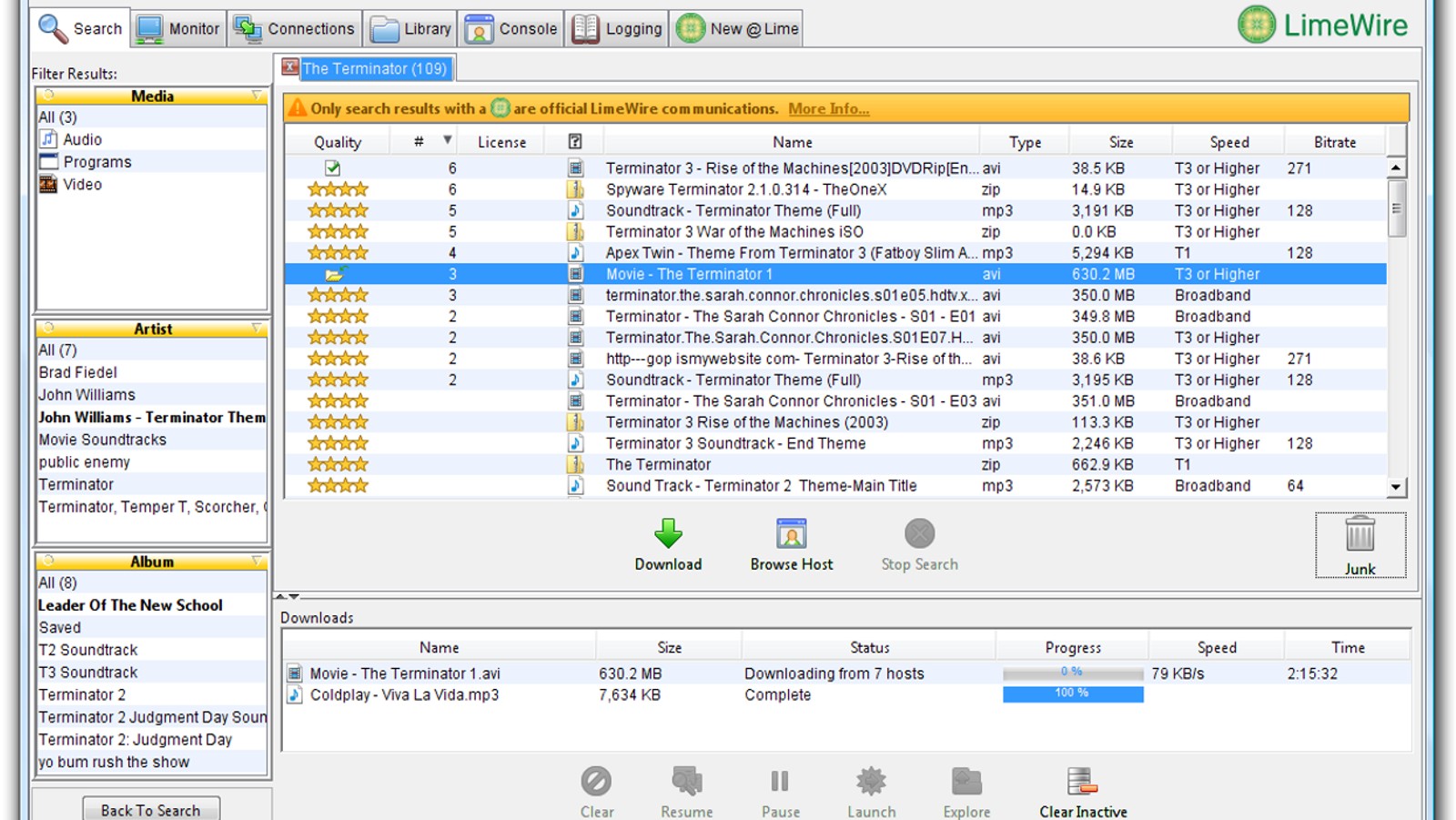NFT trading soared 21k% in 2021 but is expected to slow this year + LimeWire is back and rebranding as a music-based NFT platform

SIGN OF THE TIMES- Trading in NFTs soared 21k% y-o-y in 2021 with total sales reaching USD 17.6 bn as the tokens entered the mainstream last year, co-founder of Nonfungible.com Gauthier Zuppinger told CNBC. These estimates — as large as they are — may be even smaller than reality, with blockchain analysis firm Chainalysis putting the figure north of USD 40 bn. The number of NFT buyers rose to 2.3 mn from 75k as people became more skilled at making a buck from the digital assets, Zuppinger added. The most popular category of NFTs was collectibles, with USD 8.4 bn spent on them during 2021, followed by Gaming NFTs (USD 5.2 bn). Later on in the year as the metaverse gained traction, sales of digital land and other projects in the space grew quickly to reach USD 514 mn.
Will 2022 see just as much growth? Probably not, Zuppinger believes. While the NFT platform does expect some level of growth, the eye-watering figures of 2021 might have been the peak due to “ speculation and a loss of interest in collectibles,” he said. The NFT market will instead see more large companies and financial institutions enter, while more speculative assets start to disappear, Zuppinger predicts.
The millennial / Gen Z crossover we didn’t know we needed: LimeWire is back — and it’s also jumping on the NFT bandwagon. For the uninitiated, LimeWire was the 90s and early 2000s’ version of Spotify, wherein users downloaded music (and typically a host of viruses that slowly killed your family desktop computer). After years of being a must-have for millennials, LimeWire faded from existence after the emergence and adoption of streaming services. However, the platform is now making a return with an emphasis on music-based NFTs as it attempts to enter the crypto market. The new Austria-based owners, brothers Paul and Julian Zehetmayr, are looking to bank on LimeWire’s name recognition. In comments to Bloomberg, Julian explains that the name still inspires nostalgia in the hearts of music lovers. “Everybody connects it with music and we’re launching initially a very music-focused marketplace, so the brand was really the perfect fit for that with its legacy,” he said.